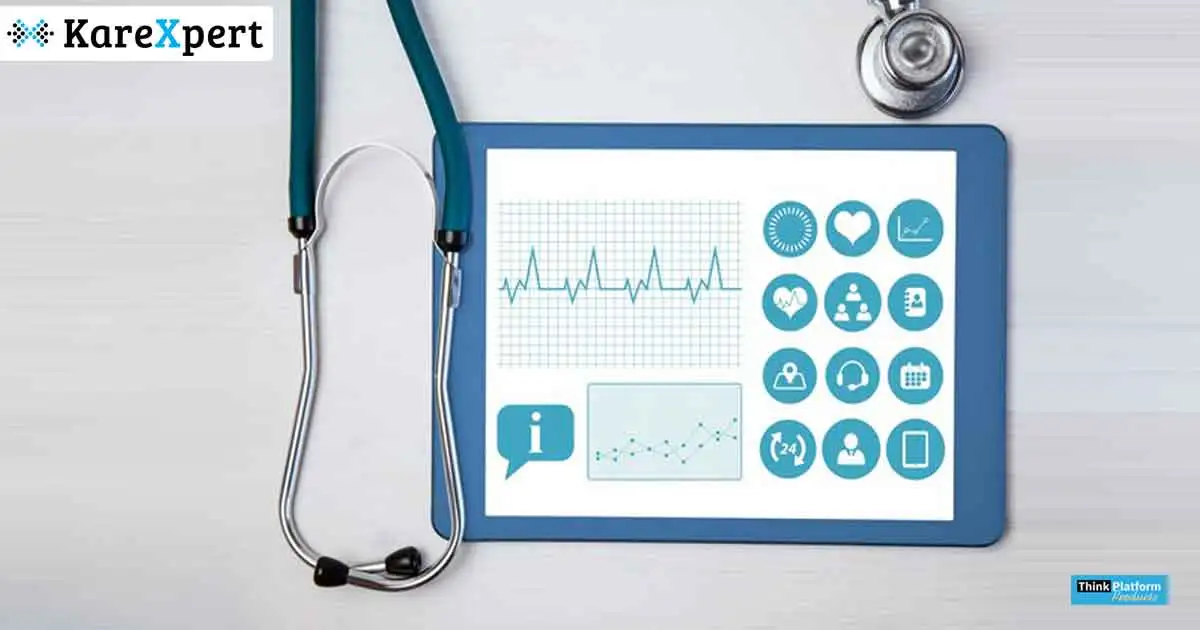The Evolution of EMR Systems: From Paper to Digital Records

Introduction
The healthcare industry has undergone a massive transformation in recent decades, not least in how it records, stores, and uses patient data. Electronic Medical Records (EMR) systems are at the heart of this evolution – a transition from the traditional paper records to a more efficient, accessible, and secure digital format. In this exploration of EMR systems in healthcare, we’ll delve into how these systems have reshaped every facet of patient care and healthcare provider operations.
From Filling Cabinets to Digital Interfaces
Before the advent of digital records, healthcare providers relied heavily on paper documents to record patient information. This manual practice wasn’t just time-consuming; it was prone to errors and misplacement, not to mention the physical space required to store vast amounts of patient charts and the difficulty in retrieving specific documents when needed.
EMR systems have revolutionized these outdated practices, turning paper trails into digital paths. They provide a centralized platform for storing patient information, ranging from demographic data to complex medical histories, laboratory results, and billing information. Healthcare providers can now access a patient’s medical history with a few clicks rather than rummaging through stacks of papers or navigating through cumbersome filing systems.
Streamlining Operations and Enhancing Care Delivery
Adoption of EMR systems in healthcare settings has streamlined countless processes. Appointment scheduling, prescription refill requests, and referrals to specialists are now managed more efficiently. This digital shift has significantly improved workflow efficiencies, making healthcare delivery smoother and more coordinated.
Furthermore, EMR systems have equipped healthcare providers with tools for better decision-making. Access to comprehensive patient data facilitates more accurate diagnoses, more personalized treatment plans, and better health outcomes. Moreover, these systems have the potential to integrate with medical devices, sending real-time health data directly into a patient’s medical record, which aids in proactive healthcare management.
The Integration of EMR with Telemedicine
With the rise of telemedicine, EMR systems have proven invaluable. They provide a seamless transition between traditional in-person care and digital health services. Providers can review a patient’s electronic records during a virtual visit, ensuring that telehealth consultations are informed and efficient.
Data Security and Compliance
While the digital storage of sensitive patient information presents potential risks, EMR systems have robust security protocols, which are continuously updated to meet evolving cybersecurity challenges. These systems ensure compliance with healthcare regulations such as HIPAA (Health Insurance Portability and Accountability Act) in the United States, safe guarding patient privacy and securing data against unauthorized access.
Challenges and the Path Forward
Despite these advancements, the journey towards a fully digital healthcare system isn’t without challenges. Interoperability between disparate EMR systems remains a hurdle, making it difficult to share patient data across different healthcare organizations seamlessly. There’s also a learning curve associated with any new technology; thus, adequate training and support are crucial to maximize the benefits of EMR systems.
Moving forward, the healthcare sector can anticipate further advances in EMR technology. The incorporation of artificial intelligence and machine learning can refine the capabilities of EMR systems, providing predictive analytics that could anticipate patient risks and recommend preventive measures.
Conclusion
The evolution of EMR systems from paper to digital records is a landmark in the history of healthcare. It exemplifies the sector’s ongoing quest for innovation and better patient care delivery. As EMR systems continue to develop and integrate with cutting-edge technologies, their potential to enhance healthcare seems boundless. With the necessary commitment to overcoming current obstacles, EMR systems are set to remain at the core of healthcare’s digital future, improving the lives of patients and the practice of healthcare providers alike.
